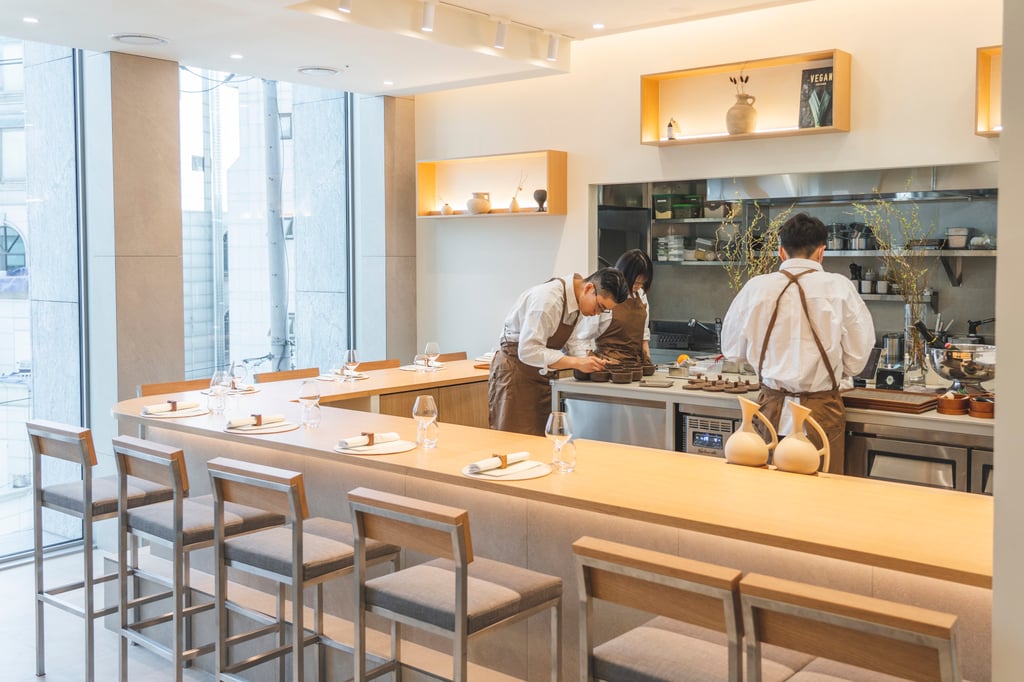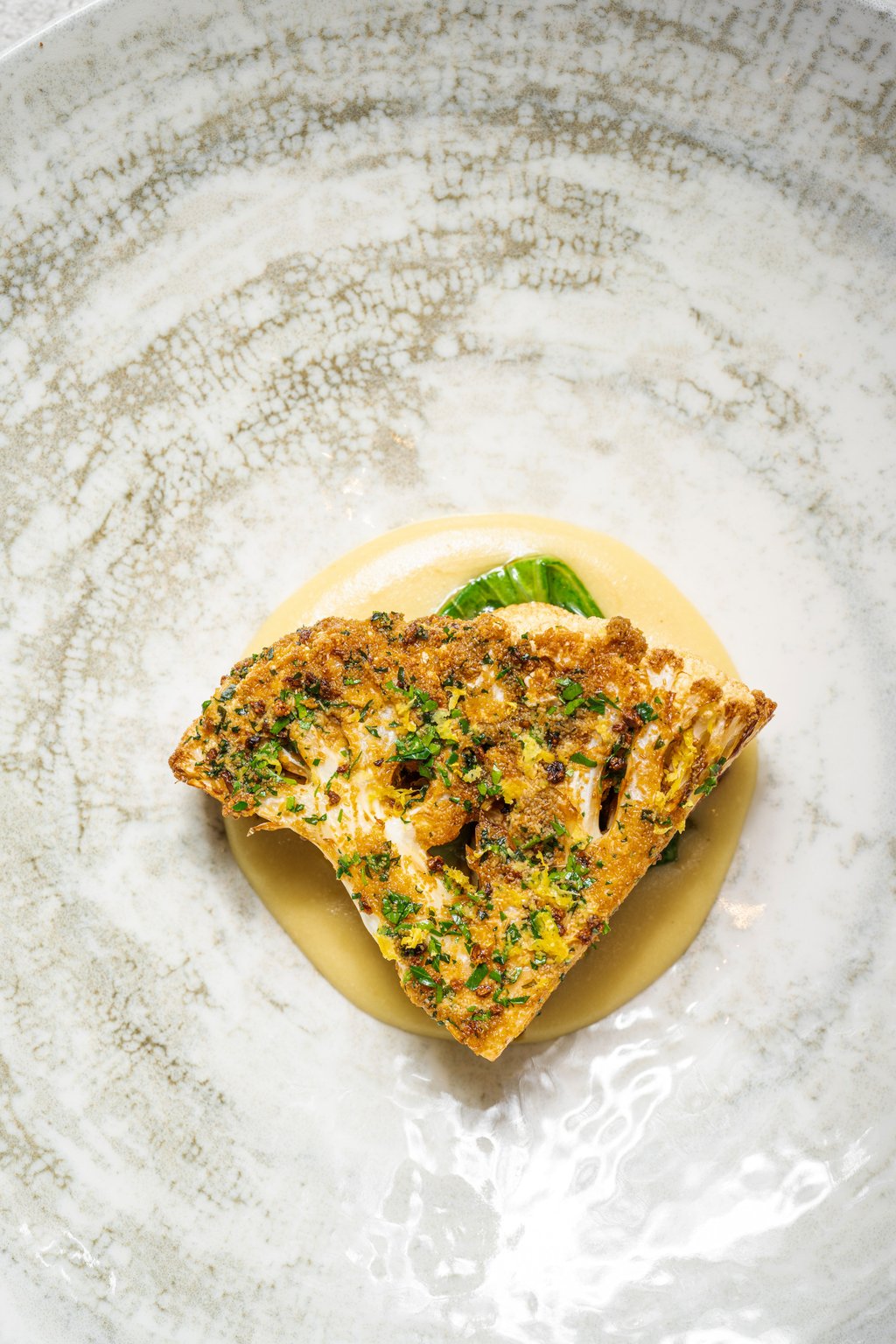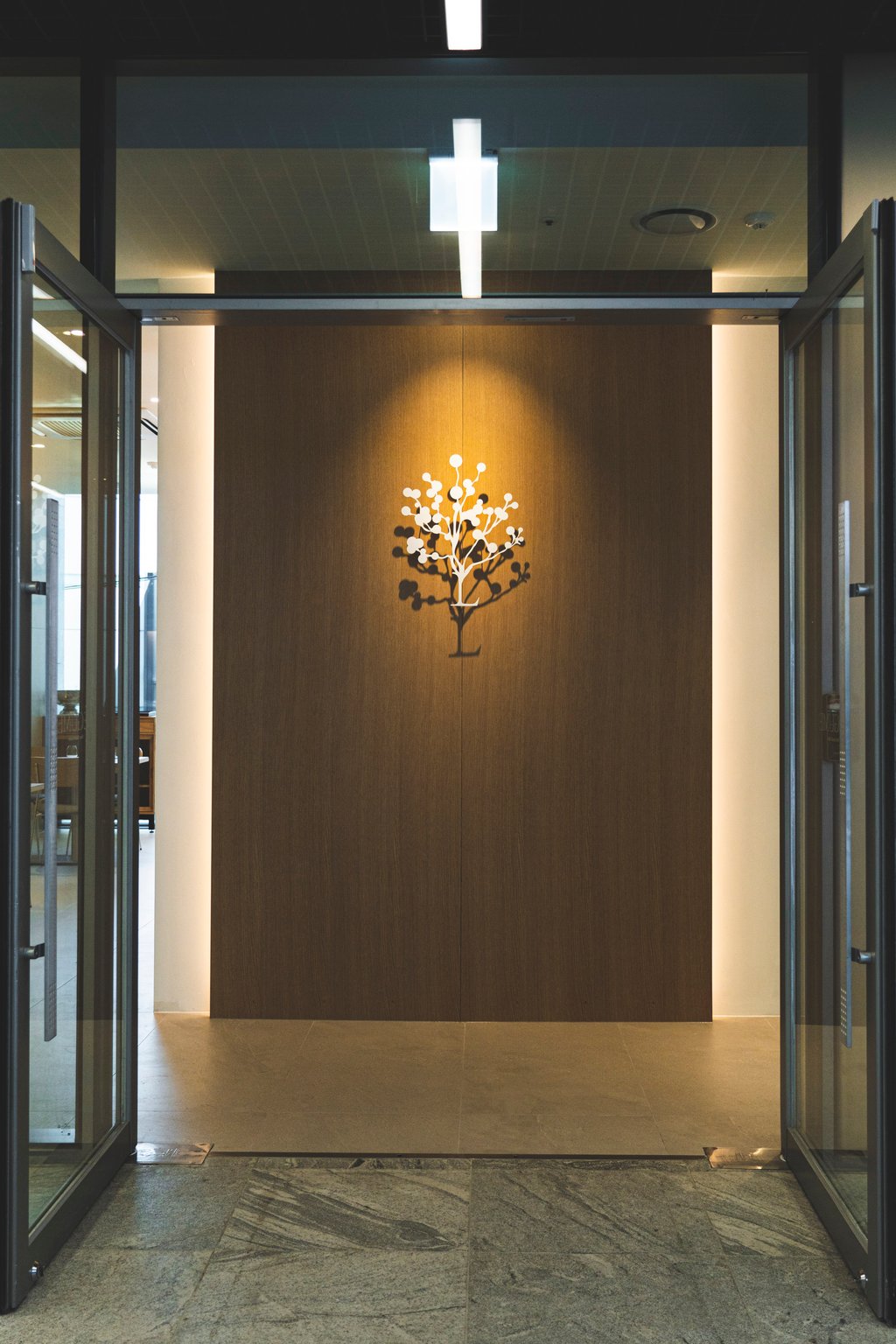From postandcourier.com/pee-dee
Eliza’s Vegan Café is a fully vegan food-truck-turned-restaurant in Florence.
Eliza's Vegan Café offers fully vegan comfort food. Kaylee Hewitt/Staff
With hundreds of five-star reviews on Google, the restaurant has found its place as a local staple for vegans, vegetarians and meat-eaters alike.
From raw kale salads to “rib” sandwiches and “chicken” pesto pastas, Eliza’s Vegan Café has options for a variety of cravings. They even make their own homemade juices such as blueberry limeade and ginger-pineapple.

Eliza's Vegan Cafe offers homemade juices, sandwiches and more.
With a regular menu and an alkaline menu for “stricter vegans,” the restaurant offers food for newer vegans, longtime vegans and those who aren’t vegan at all. Owner Markeyshi K’Patrick has been a vegan for 24 years and wants to show customers that eating healthy can be easy and tasty.
That way of thinking inspired their slogan: “And you thought vegans only ate salad?”
“What we want to do is show people to eat healthy, it doesn't have to taste nasty,” K’Patrick said. “Oh no baby, when you come in here, you’re going to eat.”
The restaurant offers a fully vegan menu from a fully vegan kitchen, according to the restaurant’s website. The approach ensures that there is no cross-contamination with animal-based products.
Most of the menu items at Eliza’s Vegan Café are veganized versions of K’Patrick’s grandmother’s recipes. While her grandmother, Eliza Jenkins, was not vegan, K’Patrick said she was health conscious and encouraged K’Patrick to eat smart.
“Her thing was, look at the rainbow,” K’Patrick said. “Just eat a little bit of everything and you’re covered.”
K’Patrick created the restaurant and its menu as a way to honour her grandmother and the impact that she had on K’Patrick’s life.
Jenkins was a Hartsville native, K’Patrick said, and a part of the second wave of the Great Migration. In the 1940s, Jenkins packed up her things and moved to New York City alone, doing something few were doing at the time, K’Patrick said.
“One of the characteristics of my grandmother that I respected so much was her independence,” K’Patrick said. “So, a lot of her trailblazing that she did was by herself. It was unheard of to be a woman and then to be a Black woman, right?”
In New York, Jenkins worked hard to provide for herself, opening up several small businesses and devoting herself to creating the life she wanted — a trait K’Patrick wanted to carry on.
K’Patrick, originally from New York, landed in Florence while pursuing her degree at Francis Marion University. Just like her grandmother before her, K’Patrick worked odd jobs throughout the years to fund her education and worked in different fields after she graduated.
Her path ultimately led to the opening of Eliza's Vegan Café as a food truck in 2021. A little over a year later, K’Patrick opened a storefront on Lucas Street on her grandmother’s birthday.
Eliza’s Vegan Café serves as a way for K’Patrick to keep her grandmother’s memory alive. The menu, the decorations on the restaurant walls and even the logo are meant to honour her.
The interior of the restaurant is decorated in yellow and green — Jenkins’ favourite colours, K’Patrick said. On opposite walls of the restaurant, pictures of Jenkins cover the walls along with words of advice from her.
Eliza Jenkins is the inspiration behind Eliza's Vegan Café. Kaylee Hewitt/Staff
“I wanted to be surrounded by her,” K’Patrick said. “I want people to get to know her.”
In the future, K’Patrick plans to write a book highlighting her grandmother’s story and sharing with others the wisdom she passed down to K’Patrick.
For now, Eliza’s Vegan Café serves as a way for K’Patrick to honour her grandmother, all the while bringing clean, vegan eats to Florence.
Eliza’s Vegan Café is located at 1832-B W Lucas St. in Florence. They are open from 11 a.m. to 8 p.m. Monday through Saturday and 11 a.m. to 3 p.m. on Sunday.





